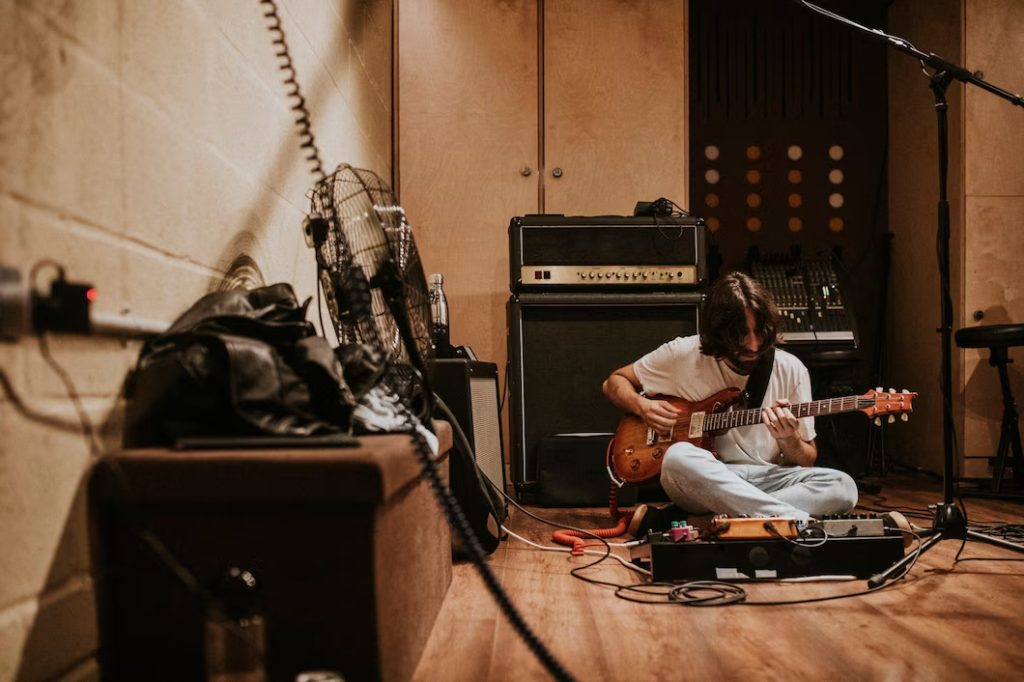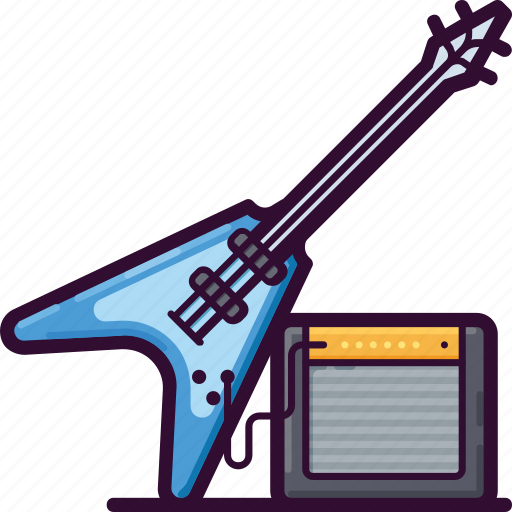
Chicago house music, with its pulsating beats and raw energy, revolutionized dance music, fostering a cultural shift that reverberated around the world. In this comprehensive exploration, we’ll delve deep into the roots, evolution, and enduring impact of this iconic genre.
Origin and Early History
To truly understand the essence of Chicago house music, it’s crucial to travel back to its roots in the late 1970s and early 1980s. When disco began to fade from the mainstream, a new sound took hold in Chicago, birthing a distinctive and vibrant genre.
The Birthplace of House: The Warehouse Club
The story of Chicago house music begins in a nightclub called the Warehouse, which opened in 1977. Its resident DJ, Frankie Knuckles, masterfully mixed old disco classics, soul, and R&B tracks, crafting a unique and hypnotic sound that would soon be known as ‘House’—short for the Warehouse.
Influences and Ingredients
Chicago house music did not emerge in a vacuum. It was a convergence of various influences, creating a rich tapestry of sound.
- Disco: With its upbeat tempo and lively instrumentation, disco was a major influence on the birth of house music. When disco’s popularity started to wane, DJs began experimenting with its structure, creating a more electronic and repetitive sound—thus house music was born.
- Soul and R&B: Soul and R&B provided the emotional underpinning for house music. The raw emotion in these genres added depth and character to house tracks.
- European synthpop and post-disco: The use of synthesizers and drum machines, commonly found in European synthpop and post-disco music, played a significant role in defining the Chicago house sound.
The Evolution of Chicago House
As with any artistic endeavor, Chicago house music continued to evolve over the years. The following table outlines the major developments in Chicago house music over time:
| Period | Style | Key Features |
|---|---|---|
| Mid-1980s | Classic Chicago House | Drum machine rhythms, minimalistic arrangements, repetitive vocal phrases |
| Late 1980s | Acid House | Distinctive squelching sounds from the Roland TB-303 synthesizer |
| Early 1990s | Hip House | Incorporation of elements from hip-hop, such as rap verses |
| Mid 1990s-Present | Progressive House | More complex musical structures, polished production, atmospheric sound |
Notable Artists and Their Contributions
Several key artists have made significant contributions to the Chicago house scene, each adding their unique flavor and innovation to the genre.
- Frankie Knuckles: Known as “The Godfather of House Music,” Knuckles was instrumental in shaping the house music sound in its early days at the Warehouse.
- Larry Heard: Often recognized under his moniker “Mr. Fingers,” Heard brought a more melodic and deep aspect to house music, contributing to the development of sub-genres like deep house.
- Marshall Jefferson: His track “Move Your Body” became a house anthem and earned him a place in house music history.
- Phuture: A group comprising of DJ Pierre, Spanky and Herb J, Phuture pioneered the sub-genre of acid house with the track “Acid Tracks.”
The Impact and Legacy of Chicago House Music
The influence of Chicago house music stretches far beyond the city’s boundaries. Its pulsating beats can be felt in various genres, from pop to hip-hop, and its energy is palpable in nightclubs worldwide.
Influence on Other Genres
Chicago house music served as the blueprint for several other genres. It’s often credited as the precursor to techno music in Detroit, UK rave music, and various sub-genres of house music such as deep house, tech house, and acid house.
Global Impact
Chicago house resonated with audiences worldwide, most notably in the United Kingdom. The UK’s “Second Summer of Love” in 1988 was soundtracked by the beats of Chicago house and its offshoot, acid house.
Lasting Legacy
Today, elements of Chicago house music can be found in the work of countless DJs and producers. The Warehouse, where it all began, is considered a pilgrimage site for house music enthusiasts.
Conclusion
In exploring the depths of Chicago house music, we discover not just a genre, but a cultural revolution that forever changed the soundscape of dance music. From its roots in the vibrant nightlife of Chicago to its influence on modern EDM, Chicago house music is a testament to the power of innovation and the enduring appeal of a good rhythm. Like the city it was born in, Chicago house music is a vibrant, ever-evolving testament to the power of rhythm, resilience, and creativity.

